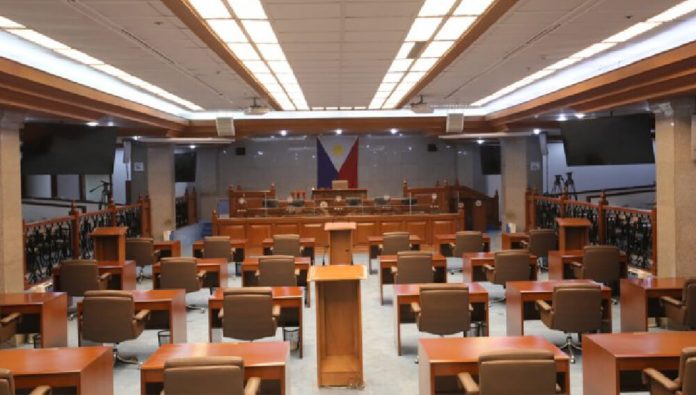The final tally of the May 2025 midterm elections is in, confirming the 12 individuals who will occupy seats in the Philippine Senate for the next six years. This new lineup reflects a complex and evolving political climate, featuring a mix of veteran politicians, returning opposition figures, and loyalists from rival political camps.
⸻
Top Finishers and Political Leanings
Securing the top spot with more than 27 million votes, Christopher “Bong” Go has once again proven the staying power of former President Rodrigo Duterte’s political influence. Go’s landslide victory is viewed as a strong endorsement of his continued loyalty to the Duterte legacy.
Following close behind is Bam Aquino, a notable figure from the liberal opposition. His return to the Senate marks a significant comeback for his political faction, which has been regaining momentum. Ronald “Bato” dela Rosa, another prominent Duterte ally and former national police chief, clinched third place.
Erwin Tulfo, a broadcaster-turned-politician backed by President Ferdinand Marcos Jr.’s camp, ranked fourth, while Kiko Pangilinan—an established liberal opposition member—rounded out the top five. Their strong showing suggests that voters favored both experience and vocal leadership on key issues.
⸻
The 12 Winning Senators of 2025
1. Christopher “Bong” Go – Duterte loyalist
2. Bam Aquino – Liberal opposition
3. Ronald “Bato” dela Rosa – Duterte ally
4. Erwin Tulfo – Marcos-aligned
5. Kiko Pangilinan – Liberal opposition
6. Camille Villar – Backed by both Marcos and Duterte factions
7. Imee Marcos – Sister of President Marcos; Duterte supporter
8. Pia Cayetano – Marcos ally
9. Francis Tolentino – Marcos ally
10. Manny Pacquiao – Independent
11. Rodante Marcoleta – Duterte ally
12. Lito Lapid – Independent
The new Senate composition includes five members allied with the Marcos administration, four from the Duterte faction, two from the liberal opposition, and one independent. Camille Villar stands out as a candidate who received bipartisan endorsements, showing her broad political reach.
⸻
Impact on President Marcos Jr.’s Agenda
Despite efforts to dominate the Senate, President Marcos Jr.’s coalition fell short of a commanding majority. The entrance of opposition voices and Duterte-aligned senators signals that the road to pushing future legislation could be more challenging than expected.
Analysts view the results as a reflection of mixed public sentiment about the current administration. Some sectors of the population appear eager to balance power and ensure more scrutiny in lawmaking.
⸻
Sara Duterte’s Upcoming Impeachment Trial
Vice President Sara Duterte, who is facing impeachment over alleged misuse of public funds and accusations of plotting against the president, may find new hope in the incoming Senate lineup. The trial is expected to begin in July, and she needs the support of at least nine senators to avoid conviction.
The presence of Duterte allies among the new senators could be crucial to her political survival. Observers are closely watching how this trial could shape alliances leading into the 2028 national elections.
⸻
Rodrigo Duterte’s Continued Influence
In a striking turn, former President Rodrigo Duterte won the mayoralty of Davao City, despite being detained by the International Criminal Court on charges related to human rights violations during his war on drugs. His victory, alongside the strong showing of his allies in the Senate race, suggests that his political base remains formidable.
Duterte’s return to local leadership—albeit under controversial circumstances—signals that he remains a key player on the national stage.
⸻
Youth Turnout and Voter Engagement
This year’s elections recorded a historic 82.2% voter turnout, driven largely by an energized youth population. Candidates like Bam Aquino and Kiko Pangilinan effectively connected with younger voters by addressing concerns about education, employment, and climate change.
Pangilinan, in particular, drew support for his advocacy on food security and rural development. These themes struck a chord with a new generation of voters eager for reform and long-term solutions.
⸻
Looking Ahead to 2028
With the 2025 midterm elections concluded, attention now turns to how this reshaped Senate will impact governance and policy over the next three years. The combination of administration allies, opposition voices, and independent thinkers sets the stage for a more dynamic legislative environment.
As the political maneuvering begins in earnest ahead of the 2028 presidential race, these 12 senators will undoubtedly play pivotal roles in defining the country’s future. Their actions, alliances, and advocacy will shape the direction of national policy—and possibly the outcome of the next presidential election.
